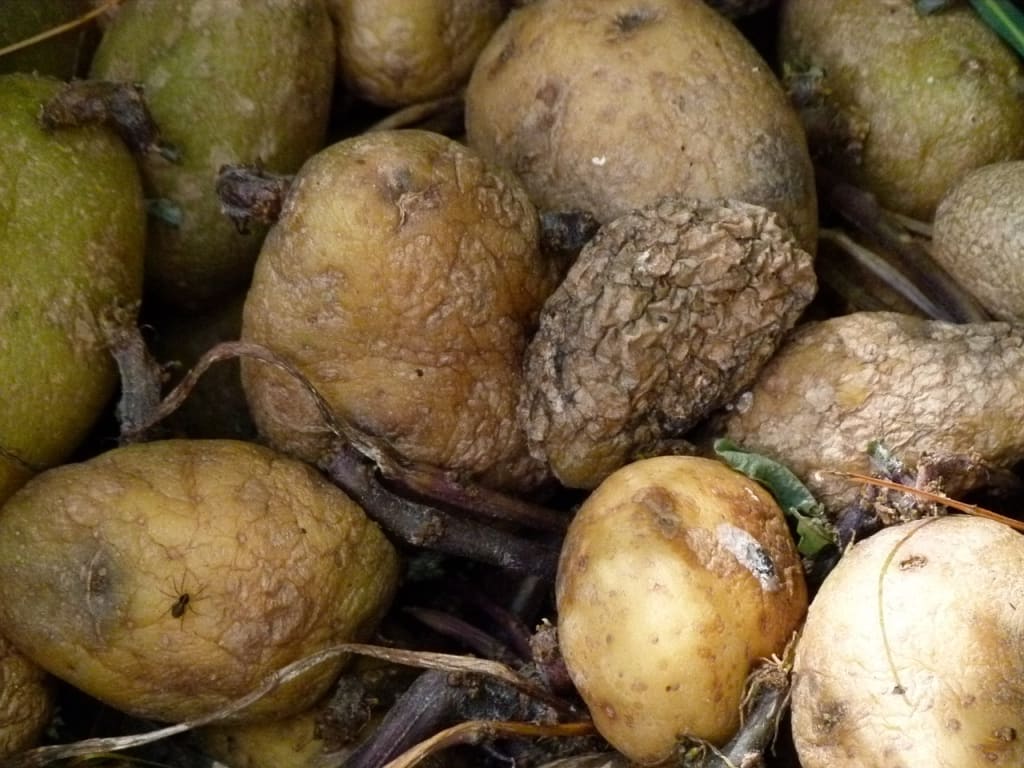Food expiration dates don’t mean what you think
food expired

How much of the food in the refrigerator gets thrown away before it gets to the table? Burgers from last summer's picnic? Is milk past its shelf life? Do carrots lose their elasticity? Countries around the world throw away a lot of food every year, and America is one of the most wasteful countries. 37% of food waste in America comes from households. About 20% of food is thrown away because consumers are not sure how to interpret the date on the label. However, most foods are still safe to eat. So, if the dates in the food do not show us that something is bad, what do they tell us? Before the 20th century, there was a more direct line between where the food was made and where it was eaten, and most people knew how to judge freshness by sight, smell and taste.
city But when supermarkets started stocking processed foods, it became more difficult to measure the age of the products. In the United States, retailers used food stamps to track how long food had been on the shelf, and by the 1970s consumers were asking for this information. Many supermarkets adopted a system that is still used today called open dates, where food manufacturers or retailers put dates on their products that indicate the very good. This gloomy measure has nothing to do with the health of the planet or food security. In fact, the date is rarely determined scientifically, and there are often no rules for the date to be used. Therefore, most manufacturers and retailers are encouraged to organize those days when it is possible to ensure that customers get the best food and come back for more. This means that many foods are safe to eat after the label date. Cakes, pasta and other things that are kept on the shelf may not taste fresh, but they are not harmful to health. Since canned food does not show signs of swelling or rusting, it can be stored well for years. Refrigerating meat at a lower rate prevents food-borne bacteria, so frozen dinners can last forever.
Eggs have a shelf life of five weeks in the refrigerator, and your nose will let you know if they've gone bad. Every now and then you will find damaged products due to smell, gritty surface and mold. Of course, sometimes, it's better to be safe than sorry. The USDA recommends eating and freezing beef within a few days of purchase. In addition to canned dates, ready-to-eat salads, meats, and unpasteurized cheeses can carry disease-causing bacteria that pass the smell or taste test. or Dates are also set on the baby formula to indicate its safety. However, while some of these indicators work as expected, most do not. In a 2019 survey of more than 1,000 Americans, more than 70% said they use date labels to determine if food is still edible, and nearly 60% said they drive by they had some food earlier that day. Restaurants and grocery stores often do this. To avoid all this waste, many experts are arguing for laws requiring date labels to use one of two standard phrases: "good enough" to indicate freshness, or "used by" as a security indicator. The solution is not very good, but some American researchers say that setting these standards at the federal level could prevent 398,000 tons of food waste every year.
Retailers can also try to remove date labels from their products, as some UK supermarket chains are encouraging customers to use their own discretion. Many experts advocate policies that encourage retailers and restaurants to donate unsold food. More than 20 U.S. states ban food donations past the labeling date due to date confusion, although the federal government protects these donations. Countries such as France have stepped up by requiring many supermarkets to donate unsold food. Regardless of what the government decides, the best way to prevent food waste is to eat what you buy! Don't forget that your eyes, nose and tongue are the ones who decide if food is safe to eat and put in the compost bin.
About the Creator
Rowan Sharkawy
someone who love to know anything & share it with every one
welcome to my profile






Comments
There are no comments for this story
Be the first to respond and start the conversation.